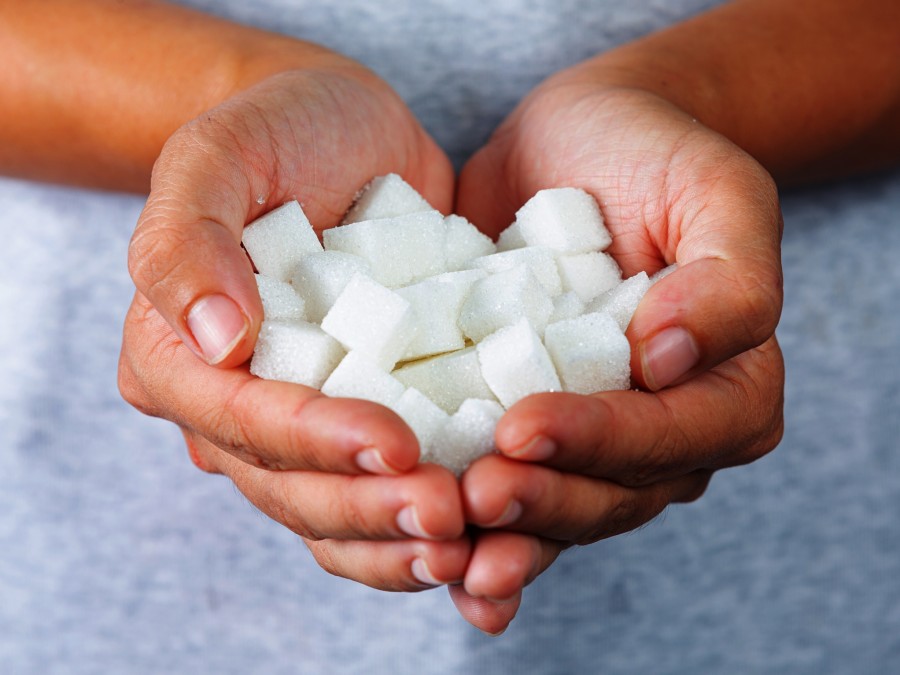News and Article
Getting to Know Diabetes Mellitus

Diabetes Mellitus (Diabetes) is a medical condition in which blood glucose levels remain persistently higher than they should be.
Speaking of Diabetes, it will be related to Insulin.
Insulin is a hormone produced by the pancreas that allows the body's cells to use blood glucose (sugar) as an energy source. Carbohydrates are converted into glucose before they are absorbed into our bloodstream. Examples of foods rich in carbohydrates include rice, potatoes, pasta, bread. The pancreas then releases insulin to transfer glucose from the bloodstream into the body's cells for use or storage. People with diabetes cannot fully use glucose, as a result of which the sugar levels in the blood increase.
This happens because:
- They lack insulin in the body
- The body's cells are insensitive or resistant to insulin
There are three main types of diabetes:
a. Type 1 Diabetes
No insulin was produced because his pancreatic cells were damaged. It is usually diagnosed in children or young adults although it can occur at any age. This group requires treatment using Insulin by injectable means.
b. Type 2 Diabetes
Insulin produced is insufficient or ineffective (insulin resistance). It occurs more often in people over the age of 40, especially those who are overweight and physically inactive. Type 2 diabetes is controlled with proper diet and exercise but most people with type 2 diabetes need oral medication.
c. Diabetes Pregnancy
It occurs in about 2 to 5% of all pregnancies. Women who have not previously been diagnosed with diabetes have elevated blood glucose levels during pregnancy. Special midwifery treatment is needed to reduce serious complications in the conceived baby.
Common symptoms of diabetes:
Suspicions of Diabetes Mellitus need to be considered if there are complaints such as:
- Classic complaints of Diabetes Mellitus: a lot / frequent urination, constant hunger so that often eating, frequent thirst despite drinking lots of water and weight loss that the cause cannot be explained.
- Other complaints: weakness of the body, tingling, itching, blurred eyes, and erectile dysfunction in men, itching in the female genital area, wounds that are difficult to heal.
If you experience any symptoms such as the above, then immediately go to the doctor to make sure. Diabetes will be confirmed by the doctor through a blood glucose test.
Uncontrolled diabetes can cause the blood sugar to fluctuate between very high (hyper glycaemia) and very low (hypo glycaemia). Both situations can cause a diabetic to become very sick very quickly and even go into a coma (loss of consciousness) when their blood sugar levels are very low.
Long-term complications of diabetes include:
- Coronary heart disease such as angina or heart attack.
- Kidney disease.
- Stroke.
- Eye disease.
- Foot diseases such as numbness, ulcers and even wounds and gangrene.
- Nervous diseases that can cause problems such as impotence and problems in bowel movement.
Diabetes is a lifelong disease, but diabetes can be controlled through diet or a combination of diet and medication. Follow your doctor's instructions on diet and/or medications.
Prevention:
- A healthy diet. A diet high in glucose and low in fiber increases the risk of Diabetes
- Doing physical activity regularly (exercise).
- Achieve the ideal weight.
- Treat hypertension when there is
- Normalize blood fat levels.
- Stop smoking and consuming alcohol.
Regular physical activity is an important part of diabetes control. It helps prevent the onset of complications. Exercise also helps control weight and keep the heart healthy. Consult to a doctor before starting any exercise program.
This paper cannot replace the role or advice of health workers. All decisions you make should be discussed with health professionals, with regard to your specific medical needs.
Writer: Alex Pattinasarany
Source:
- KONSENSUS PENGELOLAAN DAN PENCEGAHAN DIABETES MELITUS TIPE 2 DI INDONESIA 2015 – PERKENI (Perkumpulan Endrokrinologi Indonesia), Indonesian Endocrinology Society
- https://www.mayoclinic.org/diseases-conditions/diabetes/symptoms-causes/syc-20371444, 30 Oct 2020, read on 11 Jan 2021
- https://en.wikipedia.org/wiki/Diabetes, read on 11 Jan 2021
- https://www.healthhub.sg/a-z/diseases-and-conditions/102/topics_diabetes, read on 11 Jan 2021
